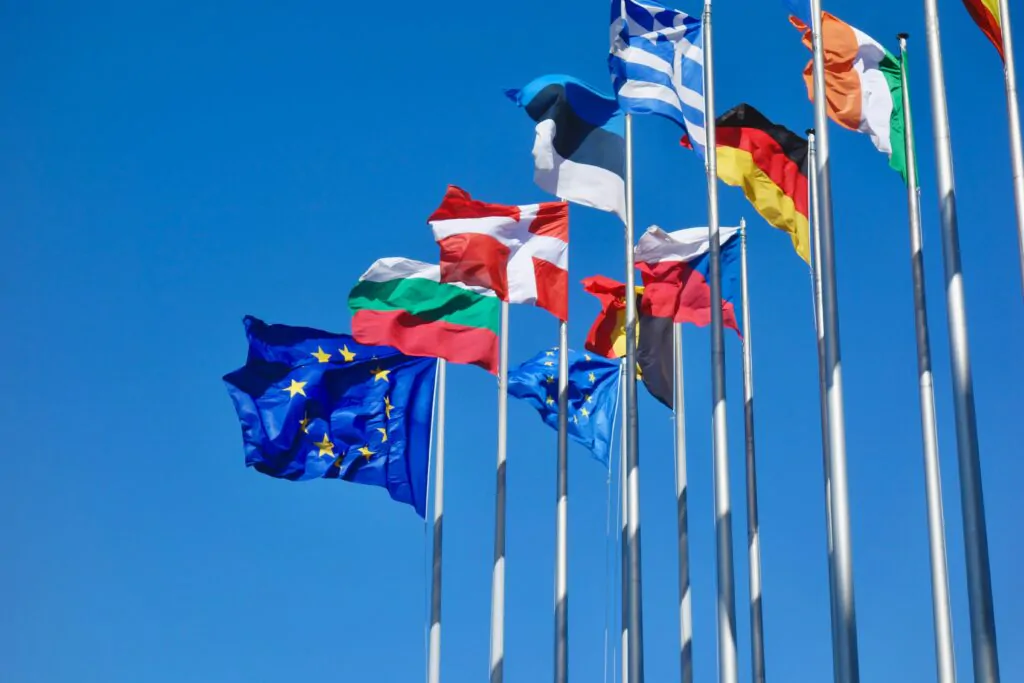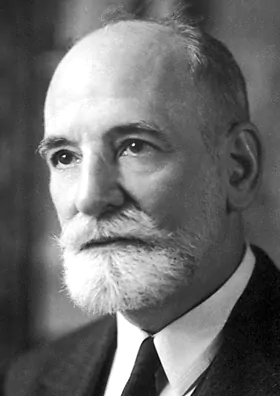
Strasbourg, in the heart of Europe
Capital of Alsace, Strasbourg is a border city which suffered a lot from the hostilities between France and Germany; indeed, it changed nationality four times between 1870 and 1945.
In the aftermath of the Second World War, the capital of the Grand Est region became the symbol of Franco-German reconciliation and hosted the headquarters of the Council of Europe from 1949.
Ten years later, the city was also chosen to host a unique international entity: the European Court of Human Rights.
Thereafter, it will gradually house many European bodies and the headquarters of international organizations as well as many diplomatic and consular representations still present today.
Strasbourg thus occupies a fundamental place in the defense of human rights and fundamental freedoms.
Strasbourg, city of human rights
Strasbourg promotes the values of peace, democracy, human rights and dialogue between peoples.
Since 2010, the City of Strasbourg has established a close partnership with the Council of Europe in order to develop joint actions in various fields such as the promotion of democracy and human rights, citizenship education, the fight against discrimination,…
Then in 2012, the European district of Strasbourg received the European Heritage Label and thus joined the 48 (current) sites, witnesses of the heritage of Europe and symbols of European history.
The objective of this label is to highlight the European dimension of cultural goods, monuments, cultural sites and places of memory.
In addition, Strasbourg organizes the “Festival of Europe” in partnership with the European institutions and the associative fabric of Strasbourg: a strong and festive moment to better know and live the European unity.

René cassin, Companion of the Liberation
Born in 1887, René Cassin was a member of the Resistance, a companion of General de Gaulle, Vice-President of the Council of State (1944-1959) and then President of the European Court of Human Rights (1965-1968).
In 1948, he was the rapporteur of the Universal Declaration of Human Rights, a founding document that continues to be a source of inspiration in promoting the universal exercise of human rights.
A common ideal, with a message that is still relevant today.
In 1968, René Cassin received the Nobel Peace Prize and the United Nations Human Rights Prize.
The International Institute for Human Rights - IIDH
The following year, he created the International Institute for Human Rights, an association that he wished to contribute to the promotion and protection of human rights through teaching and research.
THE René Cassin FOUNDATION
True to the thought and work of this visionary, the René Cassin Foundation will be created by a decree published in the Official Journal on December 13, 2015, in place of the Institute.
This new Foundation still aims to implement, independently and in a scientific and disinterested spirit, the defense and promotion of human rights and fundamental freedoms, through teaching and research.